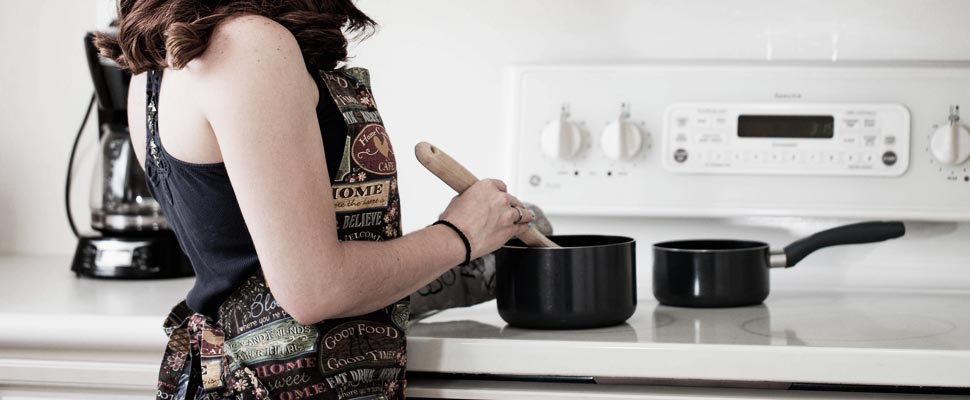Does quarantine reinforce gender roles?
The total quarantine decreed in Colombia may reinforce the traditional gender roles and overload women with household and caring unpaid work.

Quarantine can be a factor that plays against women. / Photo: Pexels – One Shot
LatinAmerican Post | Ana María Betancourt
Listen to this article
Leer en español: ¿La cuarentena refuerza los roles de género?
In Colombian culture women have been traditionally responsible for domestic work (household and caring), but this is an unpaid work that reduces their possibilities to have economic independence. As the ECLAC numbers show women work 52,6% of the day, but only 20.2% is paid and the other 32.4% left is unpaid work. On the other hand men work 53.9% of the day 44.1% of that time is paid and only 9.8% it's unpaid.
Although the unpaid housework on its own strengths the gender roles, the total quarantine makes this gap even bigger because women lose income as they are not assisting to their jobs for sanitary reasons and, at the same time, the unpaid work at home is overloaded because all the family members are staying at home. As UN Women says, “women keep being the most affected ones especially during a crisis time”. This means that they are facing the stress of these responsibilities and also the stress and anxiety caused by the worldwide pandemic.
“The unpaid women work has increased because they are overloaded with: ironing, cooking, washing and now with disinfecting the house against COVID19. Some of them don´t have the support of the other family members, and some others have assumed this work from that machismo characteristic of our culture. And the pandemic brings additional stressors: the uncertainty, the lack of income, the increase of consumption in the house. All of these affect women too”, says Lucía Bastidas, councilor of Bogota and women´s rights defender.
In Colombian culture the assumption of women as the responsible of the household is normalized. “When my husband is at home he rests in the bed some hours. Sometimes I ask him to help me with the housework and he refuses because he´s tired, but it doesn´t bother me because I know it is because he´s tired of working all day. I work too, but I keep my house ordered”, says Patricia, a 49-year-old woman.
Also read: Highlighting women's achievements makes them want to be the boss
In traditional gender roles women must stay at home, take care of the children, clean and cook, while men must be the providers who bring money to the house and work the whole day, this means that they are not completely involved with raising the kids or with household labors. Nevertheless, nowadays a lot of women have jobs outside the house and receive salaries, though they keep doing the housework more than men.
COVID-19 is causing a lot of anxiety and stress in the world´s population, people are losing their jobs or receiving less money –especially in Colombia, a country where 48.5% of women and 45% of men have an informal job (DANE numbers) and their only income is what they gain during the working day–. But for women this is doubly impactful. “The economic impact causes uneasiness and depression because the only money that a lot of women receive is their husband's daily income for food”, says Maria, a woman dedicated to household work.
Despite the fact that some women are overloaded with unpaid housework there are also a lot of homes where this work has been distributed now that all the family members are at home because of the quarantine. “Me and my husband have the same routine: we wake up, we alternate who cooks and who will do other tasks. Now he´s telecommuting, so he uses some hours for his job, and I work for a bank that sent us to quarantine but needs us to be available if they need us to support a branch office”, says Tatiana, a 30 years old woman.
It´s important to distribute the housework in an equitable way so as to handle the stress and the anxiety of the pandemic situation without oversaturating one of the family members.





